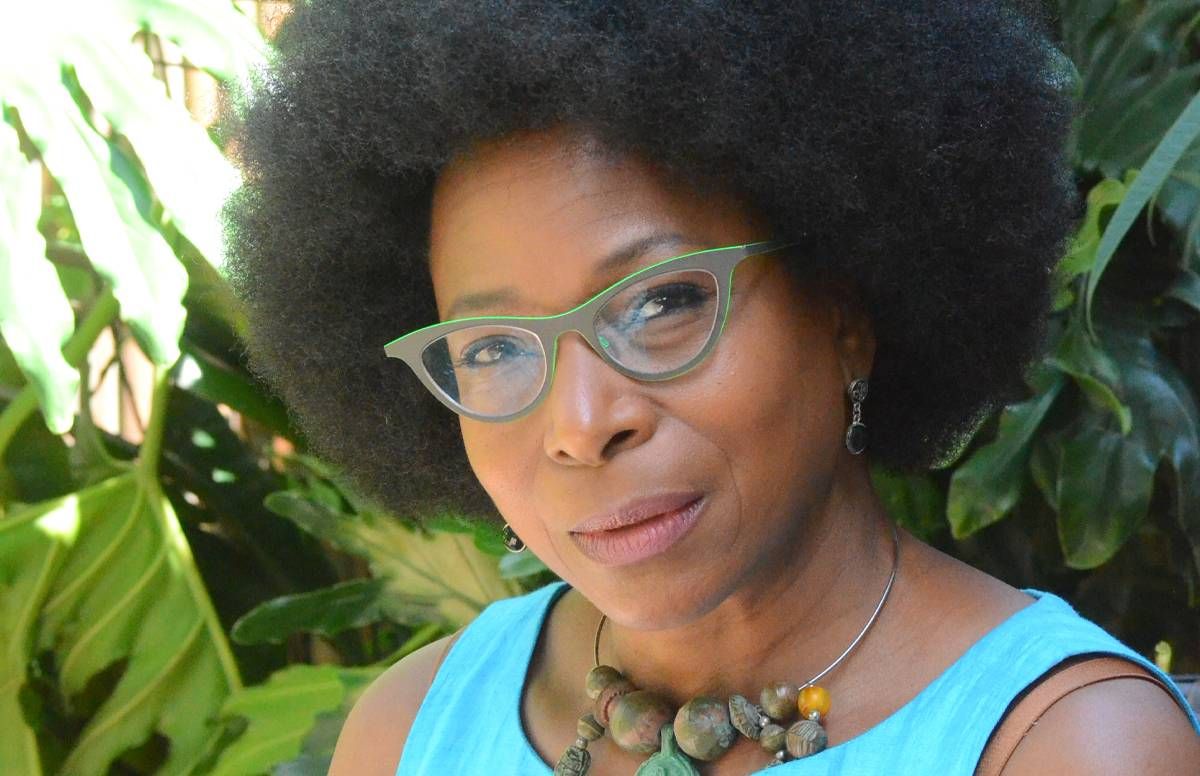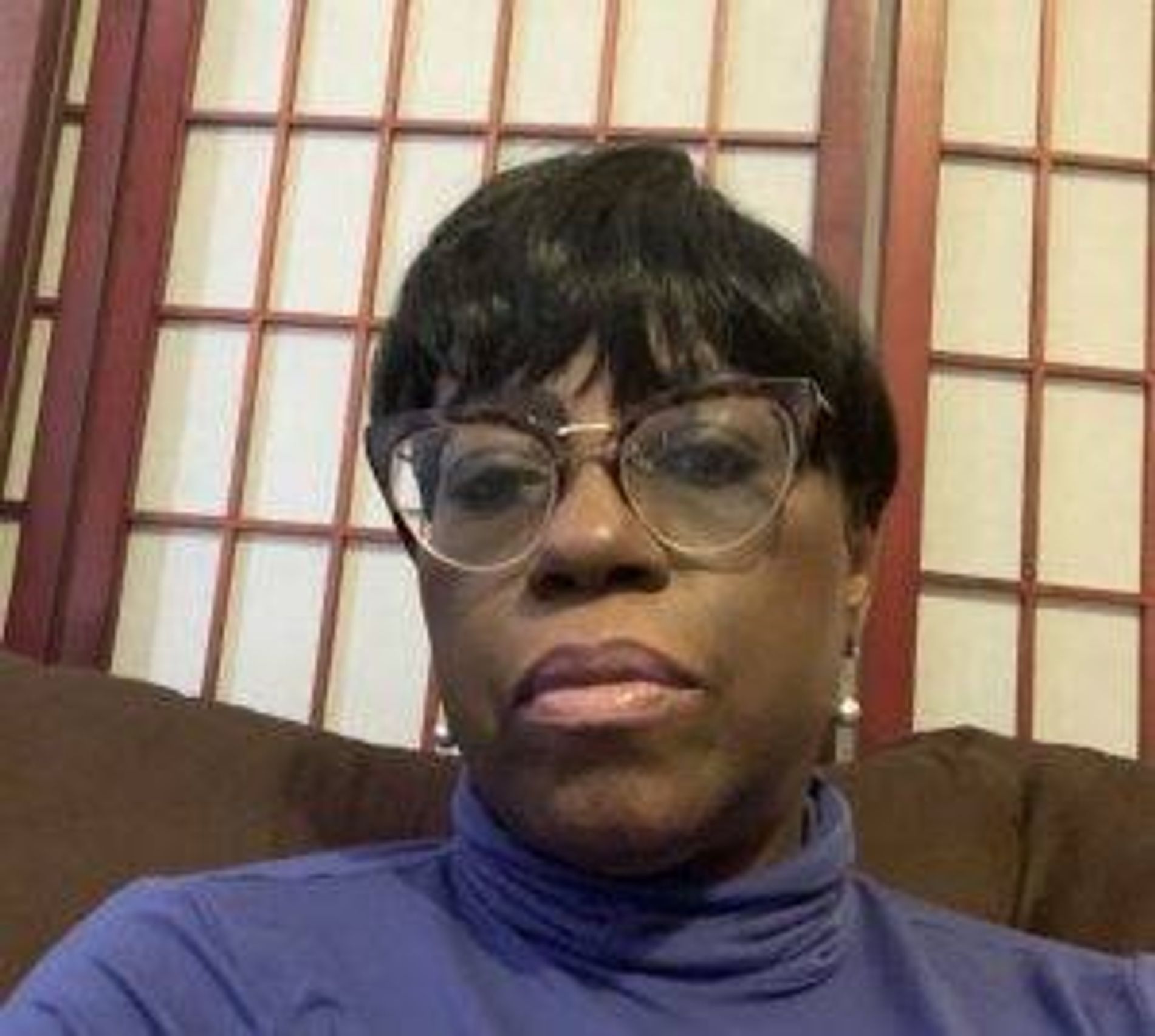Why People of Color Feel the Loneliest at Work
Delving into a key survey's findings and offering solutions
(In February 2020, Next Avenue published an article about the Cigna survey, Loneliness and the Workplace 2020 U.S. Report. Among its findings, based on a survey of 10,441 adults: African American and Hispanic workers feel lonelier than whites. The black and Hispanic workers surveyed were more likely than whites to say they felt abandoned by coworkers when under pressure at work and more alienated from coworkers. Below, Leslie Hunter-Gadsden provides a follow-up, with insights about the racial loneliness-at-work divide and what could reduce it. Cigna did not supply someone to be interviewed for this article when requested. — The Editors)

In the Cigna loneliness at work survey, 37% of Hispanic workers and 30% of African American workers said they felt abandoned by coworkers when under pressure at work. By contrast, 25% of white workers felt that way. Similarly, 39% of Hispanic workers and 30% of African American workers felt alienated from coworkers, compared to 26% for white workers.
That survey was conducted before the coronavirus pandemic changed the employment environment in the United States. But its findings regarding race, loneliness and work are no less true today, according to workplace experts and interviews with African Americans in their 50s and 60s.
Certain Messages Are Sent
“Often in my various positions, I have been responsible for conducting exit interviews of black executives,” said Joseph B. Hill, managing partner of Jbrady5 Consulting, which focuses on diversity and inclusion. “No one is going to say that they are lonely at work, but certain messages are sent, and microaggressions are delivered, that might cause African American leaders who are moving on to other roles to say, ‘I wasn’t being given the same assignments as my other counterparts.’”
"I realized I was not invited because I did not fit into the blonde, blue-eyed, young mold that the supervisor wanted to represent the department at the convention."
The 2019 report, Being Black in Corporate America: An Intersectional Exploration, from the Center for Talent Innovation think tank helping leaders design diverse and inclusive workplaces, found that black professionals are more likely to encounter prejudice and microaggressions than any other racial or ethnic group; are less likely than their white counterparts to have access to senior leaders and are less likely to have support from their managers.

Hill, a former senior vice president and chief diversity officer at Thomas Jefferson University and Jefferson Health, said: “I have watched [African American] leaders be isolated, and that isolation was used as a way to get them to leave the organization…You become lonely when you are isolated.”
A Work Environment Where You Feel Valued
Kim Ashby Fowler, 62, a human resources consultant in Hempstead, N.Y., cites loneliness and isolation as a key reason she stopped practicing law in 2001. “Some of the things I wanted to escape were the isolation and high stress,” said Fowler. “I wanted an environment where people were valued.”
Based on the Cigna survey findings, many African American and Latino workers feel undersupported and alienated more often than their white counterparts.
Sometimes, the workers who've felt that way have needed to say so, rather than code-switch.
“In my corporate work history, I have been a very vocal individual. If I felt ostracized, coworkers knew about it,” said Vernon Prince, Jr., remote call center supervisor in the reemployment assistance division of the Florida Department of Economic Opportunity. “As a youngster, I was very shy. In my sixty-one years, I have overcome that shyness and learned to speak up for what I wanted.”
Being Proactive
Prince believes being proactive to fight loneliness and isolation on the job is critically important.
“In a scenario where there is pressure at work, if I’m not getting any assistance from colleagues, I look at it as a sink or swim situation and I decide that it is time for me to perform. When the results come in, I let the supervisors know who did the lion’s share of the work,” Prince said.
Camille Hart, an employment specialist with Volunteers of America in Jamaica, N.Y., said that while she has mostly been treated fairly during her career in recruiting and human resources, that hasn’t always been the case.
“I do remember one instance when I was not invited to attend a convention in our field, and I felt lonely,” said Hart. “My supervisor seemed to have invited all of the other staff. It was a question mark in my mind. Then I realized I was not invited because I did not fit into the blonde, blue-eyed, young mold that the supervisor wanted to represent the department at the convention.”
Other times in her career, Hart said, she was made to feel different because she was black.
“The impact of being an ‘Only’ is a phenomenon affecting twenty percent of all women and twice that for women of color where they feel uniquely alone.”
“I was on staff at a boutique firm in the recruiting industry, and all of us were getting ready for a Christmas party to be held at an exclusive hotel. All of the women were at our desks applying lipstick, mascara and other makeup for the party,” Hart recalled. “I plugged in my curling iron to touch up my hairstyle. A white, female coworker commented, ‘You guys and your hair — you go through so much for your hair!’ I wondered why I was being singled out and told the coworker that I was offended. She said I was being too sensitive.”

Hart said that coworker was also a social friend who didn’t realize that her comment would be seen as offensive.
When You Are the 'Only' at Work
Loneliness at work can be especially common when people of color are the only racial minorities in a workplace or are in a room full of colleagues, if there is a high level of insensitivity.
When I wrote a Next Avenue article about the LeanIn/McKinsey study,Women in the Workplace 2018, Alexis Krivkovich, one of the study’s authors, told me: “The impact of being an ‘Only’ is a phenomenon affecting twenty percent of all women and twice that for women of color where they feel uniquely alone.”
In that study, 41% of black women surveyed said they had never had a substantive interaction with a senior leader about their work.
And in the Center for Talent Innovation’s report about being black in corporate America, black women were shown to be less likely to have access to the same support and advocacy as white women. That study said 35% of white women had people in their work networks who advocated for their ideas and skills, while only 19% of black women did.
What Employers Could Do to Help
Hill offered three suggestions for employers to reduce loneliness at work felt by some black and Hispanic workers:
Establishing employee resource groups “helps to eliminate the issue of feeling isolated at work,” he noted. They “give workers the understanding that there are others in different departments like them and also gives them the opportunity to network.”

Also, Hill said, with an employee resource group, “you have an opportunity to raise your hand and it puts you in front of executive leaders.”
Hill also thinks employers’ diversity officers should create diversity climate studies, with focus groups. “People may not always say, ‘I’m lonely at work,’ but with a good focus group facilitator, they might share things,” said Hill.
And, he advised management, “develop a diversity index and employee engagement scores.” That means asking questions like: Are you treated with respect? and Does your leader listen to your suggestions?
Experts doubt that employers will ever be able to eliminate feelings of loneliness and isolation by black and Hispanic workers. “Ageism, sexism, racism still exist,” said Prince. “but the world is changing. I’m optimistic.”


